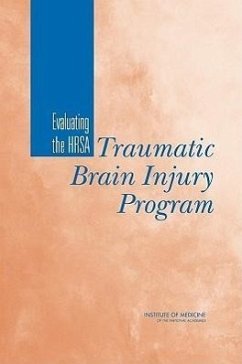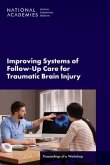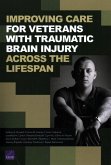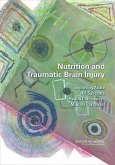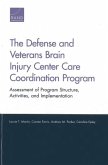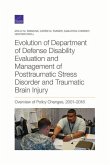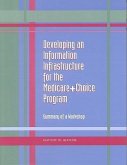A traumatic brain injury (TBI)--a brain injury caused by a sudden jolt, blow, or penetrating head trauma that disrupts the function of the brain--can happen to anyone. The effects of a TBI vary from person to person, depending on the force dynamics of injury and the patient's anatomy and physiology. People with TBI-related disabilities and their family members and caregivers need comprehensive, coordinated, person-centered systems of care that attend to their changing needs long after their acute injury has been treated medically. At least 5.3 million Americans are estimated to have a TBI-related disability. The Health Resources and Services Administration's (HRSA) TBI Program, initially authorized by the Traumatic Brain Injury Act of 1996 (P.L. 104-106) and reauthorized by the Children's Health Act of 2000 is a modest federal program with broad ambitions: a $9 million grants program aimed at motivating states to create systems improvement on behalf of persons with TBI with disabilities and their families. In 2004, the federal Office of Management and Budget (OMB) questioned the effectiveness of the HRSA TBI Program, noting that there had been no regular independent evaluations of the program's effects on TBI patients and their families. To address these concerns, HRSA contracted with the Institute of Medicine (IOM) in the spring of 2005 to conduct a study: (1) to assess the impact of the HRSA Program on how state systems are working or failing to work in support of individuals with TBI; and (2) to advise HRSA on how it could improve the program to best serve individuals with TBI and their families. The IOM appointed an 11-member Committee on Traumatic Brain Injury to perform the study. This report presents the IOM Committee on Traumatic Brain Injury's assessment of the HRSA TBI Program's impact and recommendations for improving the program.
Hinweis: Dieser Artikel kann nur an eine deutsche Lieferadresse ausgeliefert werden.
Hinweis: Dieser Artikel kann nur an eine deutsche Lieferadresse ausgeliefert werden.

